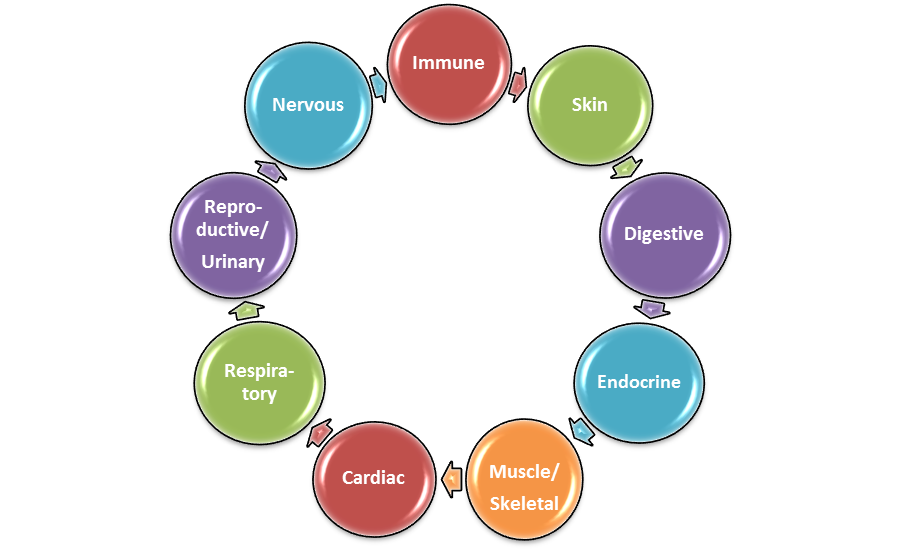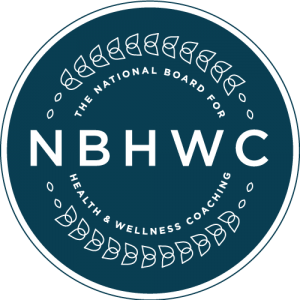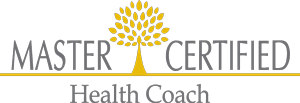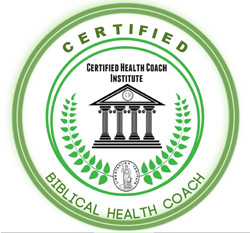Body Stewardship: Your Body and You
Posted by Michele Bester on May 26, 2024 in Health Blog | Comments Off on Body Stewardship: Your Body and You
This is part 1 in the Your Body and You series.
As I have walked through my own healing journey, I’m continually amazed at and stand in awe of this fleshly vessel—our bodies—that God created just for us. Psalm 139:14 (Ampl) says, “I will give thanks and praise to You, for I am fearfully and wonderfully made.” Only God Almighty could have designed such a remarkable, awesome, and intricate body. Verse 13 says, “For You formed my innermost parts; You knit me [together] in my mother’s womb.”
Our bodies are a gift from God, something to be valued and treasured, like a pearl of great price.
If we have something of value or worth to us, like a fancy sportscar, we take care of that meticulously. We wash it, wax it, fill it with the right gas for ideal performance, and get regular tune-ups. What about our bodies?
We expect a lot out of our bodies, but are we giving them the care, attention, and respect they deserve? We want optimal performance, but are we servicing them according to the owner’s manual? And knowing that they are a gift, how are we showing appreciation to the gift-giver and not taking them for granted?
When people come to me for Biblical health coaching, there is something they want to be different. In order for things to be different, we have to be different. We have to change the way we think about something, and that starts with understanding and knowledge. How can we truly value something for its worth unless we know about it?
Whether we want to feel better, look better, have more energy to play with our children, be around for our grandkids, get rid of the shoebox of pills, or whatever our reason is, it all funnels back to how we live, how we move, how we think, and how we eat. In other words, how we steward, or take care of, the gift God has given us: our bodies.
So together, we’re going to explore body stewardship from a Biblical perspective so that we can begin to think like stewards and then act like stewards. Some of the things we’ll learn about are:
- What is body stewardship?
- Why is it important?
- Our body systems and what they do
- How interconnected those systems are, so that every thought we think, every decision we make, and every action we take has a trickle-down effect, either for the good or the bad
- Practical ways to steward our bodies, linking these with God’s commands
So, let’s get started!
What is stewardship, exactly?
By dictionary definition, stewardship is “the careful and responsible management of something entrusted to one’s care… When stewardship first appeared in English during the Middle Ages, it functioned as a job description, denoting the office of a steward, or manager of a large household.”
So, a steward is someone who watches out for, takes care of, organizes, and administers something that belongs to someone else. Notice that when the word was originally used, it was meant as a job description, which denotes working for someone and not being the actual owner. Also notice that the original reference was to being over a household, as we are going to come back to this.
There is great responsibility in being a steward and therefore, great accountability. A steward will be called upon by the owner of the house to answer for his actions and decisions in regards to the household. In regards to his work, one of the greatest things for a steward to hear is… Well done, good and faithful steward. Because you have shown such respect, honor, dignity, integrity, initiative, loyalty, faithfulness, and trustworthiness in all of your dealings and have increased the resources of the household, I’m greatly rewarding you.
What is body stewardship?
While it is common to hear about stewardship in terms of finances or earthly resources, it is less common to hear about it in terms of our bodies. Think about it: When was the last time, if ever, you heard a sermon on being a steward of your body? You might even be thinking… It’s my body (indicating ownership), and I can do with it what I want. Which is, unfortunately, exactly what is promoted in this day and age and is a commonly held belief.
But is this the truth? Let’s see what God has to say about the subject.
1 Corinthians 6:19–20 (Ampl) says, “Do you not know that your body is a temple of the Holy Spirit who is within you, whom you have [received as a gift] from God, and that you are not your own [property]? You were bought with a price [you were actually purchased with the precious blood of Jesus and made His own]. So then, honor and glorify God with your body.”
The TLB translation says it this way: “Haven’t you yet learned that your body is the home of the Holy Spirit God gave you, and that he lives within you? Your own body does not belong to you. For God has bought you with a great price. So use every part of your body to give glory back to God because he owns it.”
I think this is pretty clear! God is the owner of everything we have, including our “house,” and we are the managers, or stewards. We bring Him glory—or not—through how we use our bodies. The better health we are in, the better we are able to serve Him.
Thinking back to the original definition and the reference to a steward being over a household, it’s interesting to note that just as a household has many parts, so your body has many parts. Just as the steward was called upon to take care of all the household and its different parts, personnel, and functions, so we are called to do the same.
It’s also interesting to note that the steward was “head” of the household. Relating this to our bodies, our heads, or rather our minds and brains, are where thoughts are formed and interpreted and decisions made, which translate to action steps. This is one of the reasons why mind work and renewing our minds to the word of God are so important in the body stewardship process, something that we will talk about in greater detail later.
Parable of the Talents
One of the greatest parables about what stewardship is and the rewards of it is found in Matthew 25. An owner was going on a trip. Before he left, he called his three managers for a meeting. He gave each one a “talent,” or sum of money, to work with while he was gone. Upon his return, he called them back together and asked for a report on what they had done with what he had given them. The first two had taken their talent, worked with it, and increased the value of it, earning the owner’s trust. He rewarded them by increasing their sphere of influence and responsibilities.
The third, however, buried his talent and did nothing with it. The owner was furious and called him lazy and good-for-nothing. The owner took back what he had given the worthless manager and gave it to the first manager. He then threw the lazy manager out into the darkness.
God expects us to work with what He has given us. He expects us to take our talents and multiply them for His honor and glory, not our own. When we do that, we can rest assured that He will reward us for our efforts and in relation to our efforts. It’s interesting because in the parable, even though the slothful manager didn’t want to work to produce, had he just taken the easy way out and simply taken the money and put it in the bank to earn a small amount of interest, he would not have been kicked out and would have been rewarded according to his minimal effort.
We are triune beings
A steward manages the whole house. We are a spirit that lives in a body and that has a soul. As quoted earlier, 1 Corinthians 6:19 says specifically that our physical bodies are entrusted to us by God to be a dwelling place for His Holy Spirit. (This points to the synergy between God and man I spoke about in the blog post Synergy and Health.)
If we understand this when it comes to health and wellness, it puts a different spin on things. How are we carefully and responsibly managing His household? How are we tending it, cleaning it, repairing it, rebuilding it, strengthening it, and fortifying it? How are we furnishing it, inside and out? What are we filling it with? We’re going to talk about this more in the next post!
We are knit together
When it comes to health, there is your physical health, mental health, emotional health, and spiritual health. These all require stewardship, because they are all interconnected. As Psalm 139 says, to be knit together is quite something to think about. The threads of who we are as a triune being are interwoven to make an amazing tapestry. Each thread—each cell, tissue, organ, and organ system—becomes interlocked with another. It is the interconnections that produces the final result.
When it comes to health, there is physical health, mental health, emotional health, and spiritual health. All of these are interconnected, and what affects one affects all. Too many times, we try to work on one area alone and never seem to really get ahead. Look at 1 Corinthians 12:18, 26 (Ampl): “But now [as things really are], God has placed and arranged the parts in the body, each one of them, just as He willed and saw fit [with the best balance of function]. If one part suffers, all the parts suffer with it.”
Conclusion
Repeating from earlier: There is great responsibility in being a steward and, therefore, great accountability. A steward will be called upon by the owner of the house to answer for his actions and decisions in regards to the household. Our bodies are not our own; they belong to God. As stewards, we will have to give an account one day to God for what we did with and how we took care of His property. How did we work with what He gave us? How did we increase the talents we had? How did we promote Him in the process, giving glory to Him and not taking it for ourselves?
God designed all of our body parts to work in unison, harmony, and synergy. They are like gears turning a machine. Our “job” is to be responsible stewards, using the Owner’s operations manual, the Bible, to produce the best results.
Our prayer, then, should be in accordance with Psalm 119:73 (NLV):
“Your hands made me and put me together. Give me understanding to learn Your Law.”
For help in making and implementing lifestyle changes, contact me for a free discovery session! You can learn more about me here.



